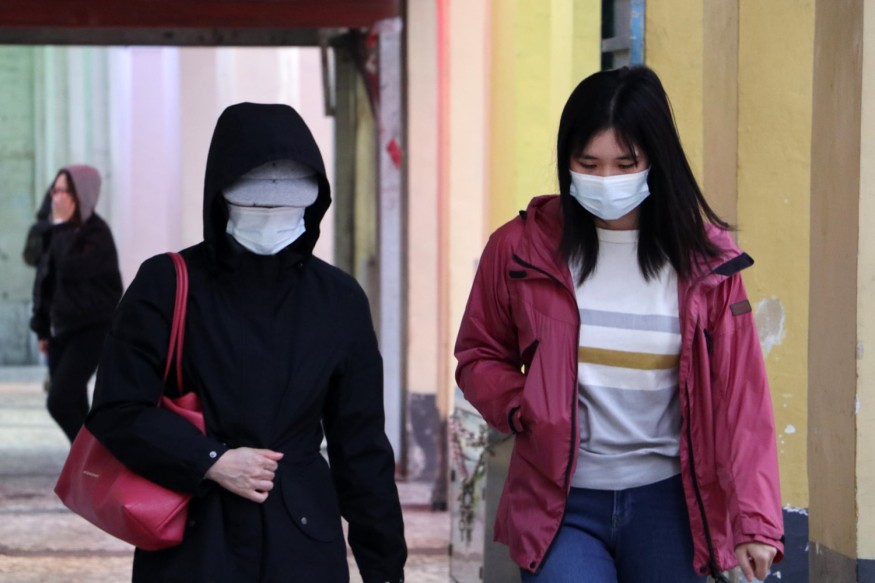
Asian countries like Taiwan, South Korea, Hong Kong, Macau, and Singapore have had a measure of success in their strategies to slow coronavirus using technology, social distancing, and mass-testing.
Taiwan
The Taiwanese government coordinated efforts through the national health command center as well integrated data from its national health, immigration & customs systems. Authorities were already on alert as early as December 31 when an unidentified virus emerged in China. Travelers from Wuhan were inspected prior to disembarkation. The first case was in January 21, a woman aged 50 who returned from Wuhan.
The government moved by promoting health bodies, enacting travel alerts, facilitating mask production, and banning exports to maintain supply and then rationing them. Penalties against hoarders, those spreading misinformation, and disobeying quarantine protocols were legislated. Schools up to the secondary level were were kept shut until February 25.
South Korea
This country has the most cases outside China; however, last Tuesday was the slowest rise in a day for two weeks. More than 60 percent of all cases came from the Shincheonji Church of Jesus, in southeastern Daeg. Tests were made on 210,000 members of the church.
Instead of lockdowns, the government opted to test en masse to identify hotspots and to encourage social distancing. Daegu got extra staff and medical supplies, and troops disinfected the streets. Around 15,000 free tests are conducted per day; screenings have now reached almost 200,000. Around 50 "drive-thru" testing centers have been set up, along with smartphone alerts on the movements of COVID-19-positive patients.
Hong Kong and Macau
The first Hong Kong case was last January 23. As more emerged, the government declared an emergency, and travel restrictions from China were instituted. Schools and major theme parks closed. Hong Kong only had 120 cases as of March 11, with three people dead. The government posted the details of the cases, including the location of those under self-isolation or quarantine.
Border crossings were closed, and on February 8 those who came from China were ordered to self-quarantine themselves for 14 days. The order was soon applied to Italy, South Korea, Spain, Germany, France, and Japan.
In Macau, leaders were praised for the responses they implemented. The government shut down the casino industry, which is worth $40 B. Tour groups were banned and schools closed. The 10 individuals who have had the Covid-19 infection have already recovered.
Singapore
Singapore have particularly been hard hit, with 58 infections in February. Emerging cases have slowed lately, and 78 out of the 160 who tested positive have recovered.
A home quarantine system plus a thorough contact-tracing program are imposed, all of which are coupled with the message emphasizing the importance of collective social responsibility. The tracing program makes use of CCTV and interviews to come up with the people who could have been exposed. Tests are given free. Officials also have control the media stringently.
Harsh penalties such as fines and prison time are meted out to violators. Officials conductpersonal spot checks to ensure citizens' compliance.
Financial support are given to isolated citizens, with self-employed people being given $100 a day. Those who cannot remain isolated may stay in a designated government facility.
© 2025 NatureWorldNews.com All rights reserved. Do not reproduce without permission.





